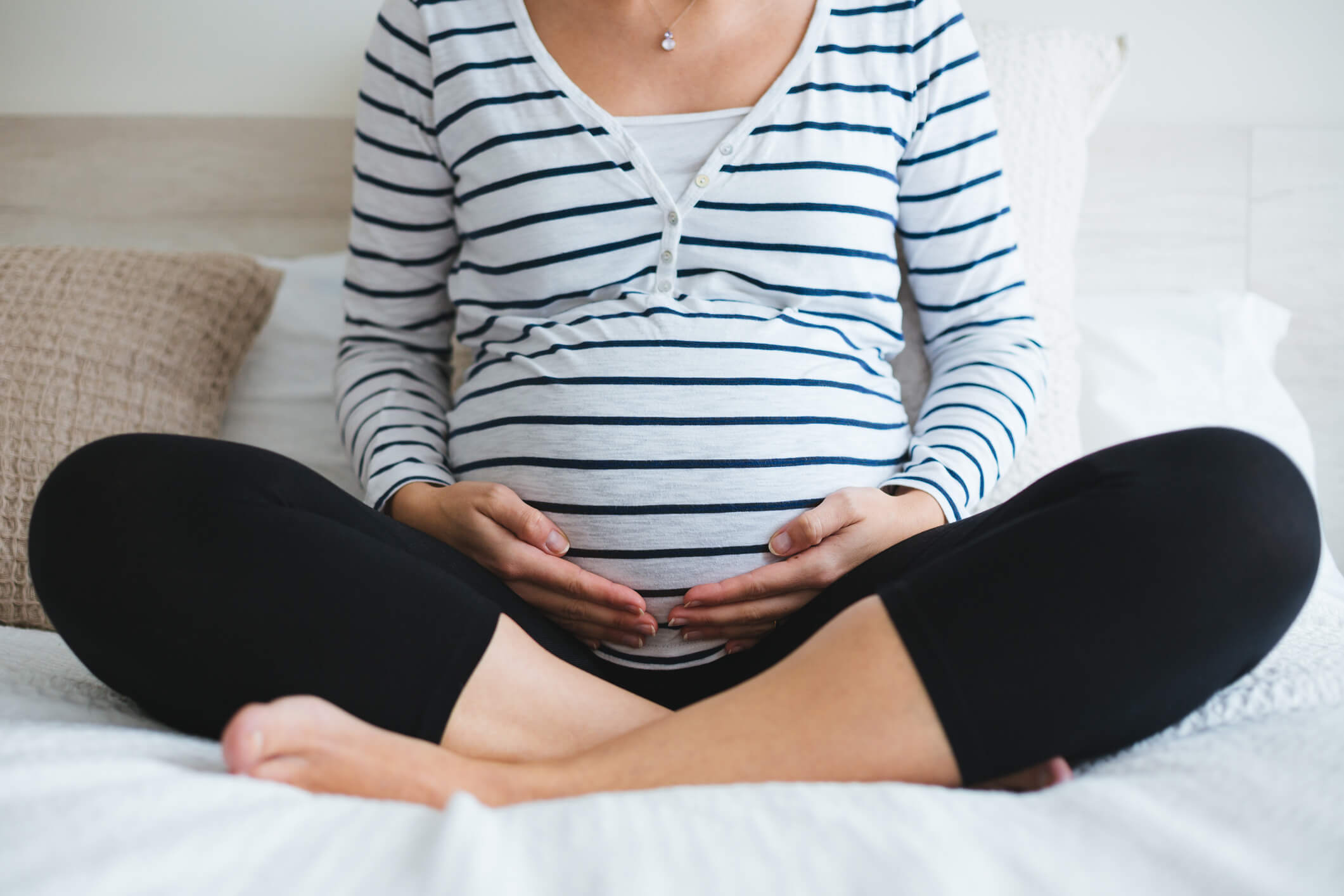Growing a human baby is no mean feat. By the time it’s ready to be born, an average baby weighs about 3.3 kilograms, has fingernails and can even recognise its mother’s smell. It’s a miracle, right?
Actually, it’s biology. But a woman’s body has to change in some pretty dramatic ways to make it all happen. From weird and wacky, to downright fascinating -- read on to find out how a woman’s body changes during pregnancy.
That’s right, a placenta is an organ. The placenta’s job is to filter blood going through to the newborn which carries oxygen, nutrients and glucose to the baby
A pregnant woman’s body will produce almost 50% more blood
Turns out pregnant women would be a victim of choice for vampires. By 34-36 weeks, a healthy pregnant woman’s plasma increases by almost 50%. It’s thought this increase is to carry extra oxygen to organs to your organs and the baby. The heart also works around 30-50% harder to pump all that extra blood around.
The uterus swells from the size of a peach to the size of a watermelon
This one may seem a bit obvious, but it’s worth pointing out that on average the volume of the uterus swells to about 4.5 litres . By this stage the uterus extends from the base of the pelvis to the bottom of the rib cage. Imagine carrying that around with you 24/7? What’s more, once the birth is all done and dusted,
Vital organs move around to make way for baby
With all that baby in there, a pregnant woman’s organs need to go somewhere. The intestines, stomach and bladder are all affected. Which explains the constant need to pee! The baby can also put pressure on your lungs, leaving some women short of breath.
The kidneys get bigger
While the bladder is the kidneys are getting bigger. Our kidney’s effectively filter waste products out of our blood, so with 50% more blood pumping around a pregnant woman’s body they have a lot more work to do. The kidney’s grow between 1 – 1.5cm in length and their overall volume increase by up to 30%.
The body gets all loosey goosey
During a hormone aptly named relaxin is released by the ovaries and the placenta. It softens up the cervix and vagina in preparation for childbirth, and there is some evidence it can relax the ligaments at the front of the pelvis.
The uterus ‘practices’ for the birth
During pregnancy women commonly experience Braxton Hicks contractions. Sometimes called ‘false’ or ‘practice’ contractions, they start from 7 weeks and continue throughout pregnancy, although a pregnant woman usually won’t start feeling them until around 16 weeks. These ‘practice’ contractions help to strengthen the uterus and may also help the cervix prepare for birth.
A new mother’s body produces ‘liquid gold’for babies
Colostrum, also known as first milk, is produced in the first few days after giving birth. It’s high in protein, antibodies and carbohydrates. It’s like a superfood for your new baby – it’s easy to digest, but provides an immune boost as well as all the nutrients baby needs to grow its brain, eyes and heart. How clever is that?!
Now, feel free to go and stare at your pregnant friend or partner in awe!
Is your family growing?
Discover useful information about planning for a baby, managing the postpartum period and the transition into parenthood - including care and birth options, pregnancy health cover and costs, fertility and IVF, tips from medical professionals and more.







